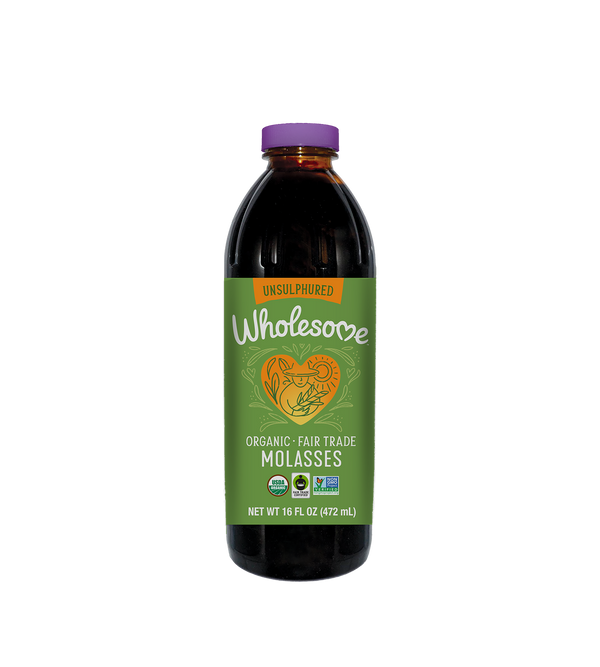EXA Test® was developed as an assay for difficult to detect intracellular mineral
electrolyte deficiencies or imbalance. EXA Test provides information not available
through blood tests. Using direct tissue analysis EXA Test provides results that
correlate with heart, muscle and deep organ tissue not with blood.
EXA Test provides an analysis of tissue where 99% of essential mineral
electrolytes are found. For example, 99% of magnesium is found in soft
tissue and less than 1% of magnesium is found in blood.
Through clinical practice and extensive research, this noninvasive test has proven to
assist the healthcare provider in managing heart disease and other physiological
dysfunctions where mineral electrolytes are compromised.
EXA results assist the healthcare provider in establishing treatment protocols that
improve the patient's intracellular status, manage symptoms, improve stamina and
quality of life.
The EXA Test, tissue mineral electrolyte analysis, includes all ions and ratios for
the following essential light elements:
Magnesium Magnesium/Calcium
Calcium Phosphorus/Calcium
Potassium Potassium/Magnesium
Phosphorus Potassium/Calcium
Sodium Potassium/Sodium
Chloride Phosphorus/Magnesium


